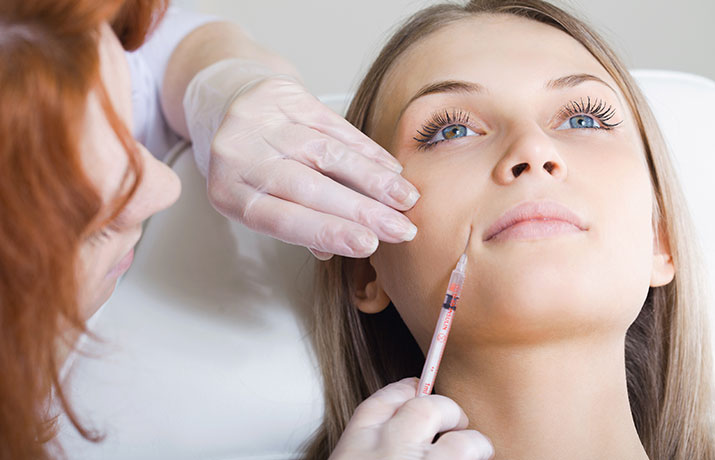With Thanksgiving’s Day next Thursday, November 22, 2012, the holiday season is solidly upon us. Many people can be leery of this season for multiple reasons but one idea that is fairly well known is the fear of catching the flu. The study reported on in the Journal of Sleep provides its’ female readers with one option that should increase the overall effectiveness of their immune system. In protocol approved by the Institutional Review Board of the Harvard School of Public Health, several medical doctors conducted a study about sleep duration and how this may affect a woman’s chances of contracting pneumonia. The study spanned a period of four years in duration. An interesting finding is that lack of sleep or excessive amounts of sleep both appear to impact woman’s ability to fight of harmful bacteria, such as pneumonia. In addition to increased blood pressure and heart disease, new research shows lack of sleep, which is often caused by sleep apnea, can lead to a weakened immune system. Dr. Stan Farrell, a member of the American Academy of Dental Sleep Medicine, has extensive training in sleep medicine, which makes him one of the best qualified doctors to help treat your sleep apnea symptoms. Call Dr. Farrell at 480-945-3629 to schedule your appointment today. www.headpaininstitute.com
Sanjay R. Patel, MD, MS, Atul Malhotra, MD, Xiang Gao, MD, PhD, Frank B. Hu, MD, PhD, Mark I. Neuman, MD, MPH, and Wafaie W. Fawzi, MD, DrPH.
Study Objective: Experimental data suggest sleep deprivation may impair host immunity. We sought to assess the effect of poor sleep on pneumonia risk.
Design: Prospective, observational cohort study.
Participants: 56,953 female nurses (ages 37 to 57 years old) participating in the Nurses’ Health Study II cohort free of cancer, cardiovascular disease, diabetes, and asthma with no prior history of pneumonia.
Measurements and Results: At baseline, participants reported their average sleep duration and whether this quantity was adequate for them. Questionnaires ascertaining a new pneumonia diagnosis were mailed every 2 years. Cases required physician diagnosis and chest radiograph confirmation. Cox proportional hazards models were used to assess the relative risk for incident pneumonia over 4 years. Over 217,500 person-years, 977 cases of pneumonia were identified. Relative to 8-h sleepers, both short and long sleep durations were associated with elevated pneumonia risk. The age-adjusted relative risk for pneumonia was 1.70 (95% CI 1.30-2.23) in those sleeping ≤ 5 h and 1.49 (95% CI 1.12-1.98) in those sleeping ≥ 9 h. After adjusting for potential confounders, the relative risks were 1.39 (95% CI: 1.06-1.82) in those sleeping ≤ 5 h and 1.38 (95% CI 1.04-1.84) in those sleeping ≥ 9 h. Perceived inadequate sleep was also associated with pneumonia with a relative risk of 1.50 (95% CI 1.29-1.74) in multivariate models.
Conclusions: Both reduced and prolonged habitual sleep durations are associated with increased risk of pneumonia. Further research is needed to understand how sleep habits can influence immunity.(SLEEP 2012;35(1):97-101)

